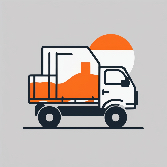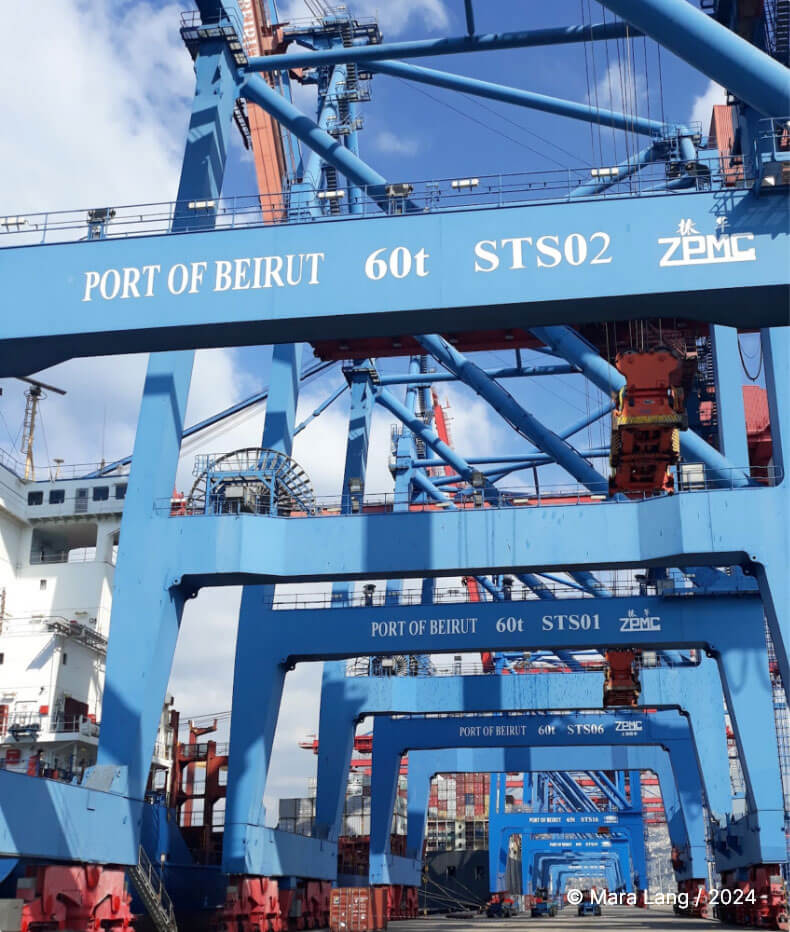Arche aid & relief
Growing Needs Stretched Resources
We support Humanitarian Organizations to strategically identify and generate cost savings within their supply chain – repurposing every dollar into life-saving activities.
Supply chain :
A critical leverage for Emergency Operation budgets
And yet… academic research studies have found that in the context of Humanitarian responses, Supply Chain (procuring, transporting, storing emergency relief items) represents between 60% to 80 % of the organization’s operational spend.
This means that a small investment in optimizing the supply chain of Relief Organizations can yield subsequent returns. Supply Chain design and optimization is now more than ever a strategic tool to address the drastic funding gaps, putting more donors money at work for people in need.
Supply chain :
A critical leverage for Emergency Operation budgets

Insights
From Field expertise & Academic research gathering, we are convinced that

Last Mile is Overlooked
The Last-mile Supply Chain (e.g. from Doula port in Cameroon to camps in Darfur) is complex, hit by security premiums, poor infrastructure, lack of visibility, low digitalization and often under-resourced supply chain staff.
Small improvement such as increased visibility via digitalization & tracking, better transport & storage planning can yield important savings – that can be repurposed for life savings activities.

Procurement is Transactional
At $25 billion a year (2024), humanitarian buying is rarely strategic, relying on overwhelmed or under-trained local teams—missing strategic negotiation and volume discounts.
Long term agreements, purchase staggering, virtual supplier warehouses and better performance metrics could increase value-for-money of humanitarian purchasing.

Private Sector is Untapped
The private sector is mainly engaged as suppliers and managed at arm’s length rather than potential partner for co-creation to solve complex Humanitarian problems.
Innovative engagement models are needed to generate mutual value (e.g service at lower cost to enter new markets otherwise considered too risky).
Our User case
Do you want to understand how our approach and solutions could meet your needs?
Read more about Arche’s capability to tackle Humanitarian & Emergency Supply Chain Challenges below.

We offer a bespoke approach:
Recognizing that each case is unique

We offer a bespoke approach:
Recognizing that each case is unique
Rapid Diagnostic
We map downstream flows, cost drivers, and contractual bottlenecks. We agree on key areas of cost savings with the Humanitarian Organization.
Strategic Redesign
We redesign processes, standardize purchasing items, strategize contract renegotiation or new tender launch, deploy coordination dashboard and visibility tools. We also identify & engage private sector capabilities.
Implementation Support
We train and coach teams on contract renegotiations, pilot new ways of working and support the change management process.
Impact Measurement
We conduct post-implementation audits to validate net savings.
Results-based engagement
We commit to provide non-profit organizations tangible savings – for that we put skin in the game.
%
